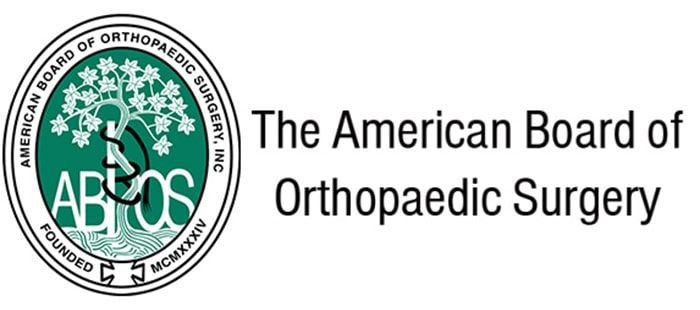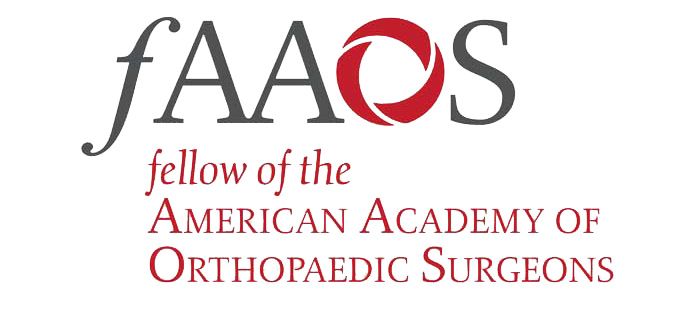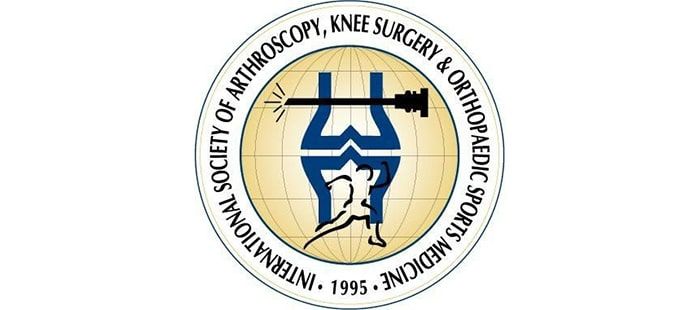Shoulder fractures can affect one of three bones within the shoulder: the scapula, clavicle, or humerus. Scapula fractures are rare, but can occur as a result of sports or car accidents. Clavicle fractures generally occur as a result of a fall, direct hit, contact sport accident, or car accident. Humerus fractures affect the humeral head (the ball of the joint) at the top of the bone. Proximal humerus fractures are the most common type of shoulder fracture and have the greatest effect on the joint. Other types of humerus fractures affect the middle portion of the humerus (humeral shaft fracture) or the bottom end of the humerus (distal humerus fracture).
Did You Know?
When it comes to shoulder fractures, clavicle and humerus fractures are far more common than scapula fractures. This is because the scapula is protected by the chest and supported within several strong muscles.
Frequently Asked Questions:
Do I have a shoulder fracture?
Since shoulder fractures can affect different bones, you may experience different symptoms depending on what bone is affected. While all shoulder fractures generally cause pain and swelling, here are symptoms that are specific to the type of fracture:
- Scapula fractures: severe bruising around the shoulder blade possibly accompanied by a chest injury.
- Clavicle fractures: bruising over the collarbone that may be accompanied by a bump, as well as difficulty raising the arm.
- Humerus fractures: severe pain and swelling in the upper shoulder with limited movement.
To determine if you have a shoulder fracture, schedule a consultation with Dearborn & Associates today.
How are shoulder fractures diagnosed at Dearborn & Associates?
At Dearborn & Associates, diagnose shoulder fractures by performing a physical exam of your shoulder and taking x-rays of the three bones that make up the shoulder.
How are shoulder fractures treated at Dearborn & Associates?
At Dearborn & Associates, your individual treatment plan will depend on a number of factors, including your current health, as well as the location and severity of your fracture. At a glance, here is how shoulder fractures may be treated:
- Scapula fractures: most are treated without surgery by immobilizing the shoulder and providing pain relief with icing and pain medications. When surgery is needed, it involves fixating fragmented bone pieces.
- Clavicle fractures: most are treated without surgery by immobilizing the shoulder and providing pain relief with icing and pain medications. Surgery may be needed for compound fractures or severely displaced bones, and it involves repairing the fracture bone with surgical hardware.
- Proximal Humerus Fractures: most are treated without surgery by immobilizing the shoulder and providing pain relief with icing and pain medications. Surgery may be needed in cases where the bone fragments have shifted out of position and involves fixation of the bones.
Ultimately, however, your doctor will decide on a treatment plan that is appropriate for your situation. They will discuss their treatment recommendations with you and answer any questions you may have.
Schedule a consultation with Dearborn & Associates in Menlo Park and Fremont, CA today to see how we can help with shoulder fractures.




